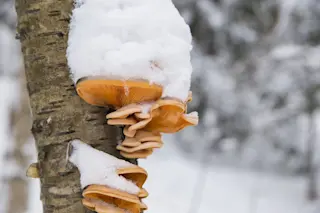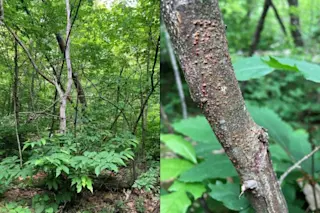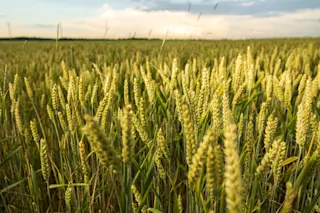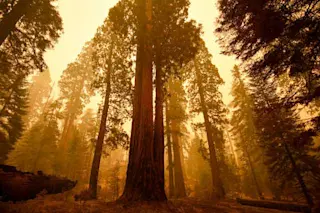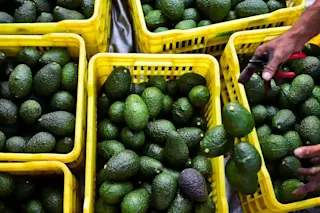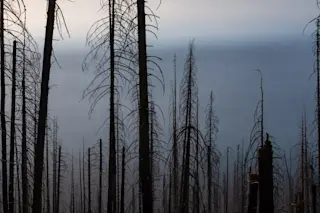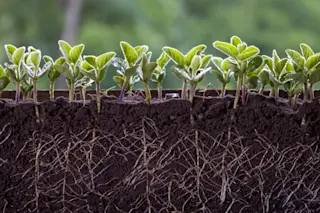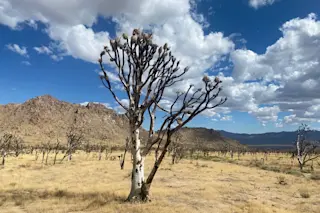Since the Cold War, American and Russian leaders have been wary of a nuclear war. Even a limited nuclear exchange between nations would cause catastrophic destruction for the environment and society.
But what are the likely effects on global food production during a nuclear winter? Two researchers at Penn State University recently found that small segments of humanity might survive a nuclear apocalypse, in part thanks to some wild, edible plants and insects in tropical places.
The 2021 study by Daniel Winstead, a research technologist, and Michael Jacobson, a professor of forestry resources, is part of a larger Penn State research project on emergency food resilience. Published in early February in Ambio, the journal of the Royal Swedish Academy of Sciences, the study became more relevant as Russia invaded Ukraine and renewed fears of nuclear conflict.
“I had absolutely no idea that this would be at all relevant to any ...



